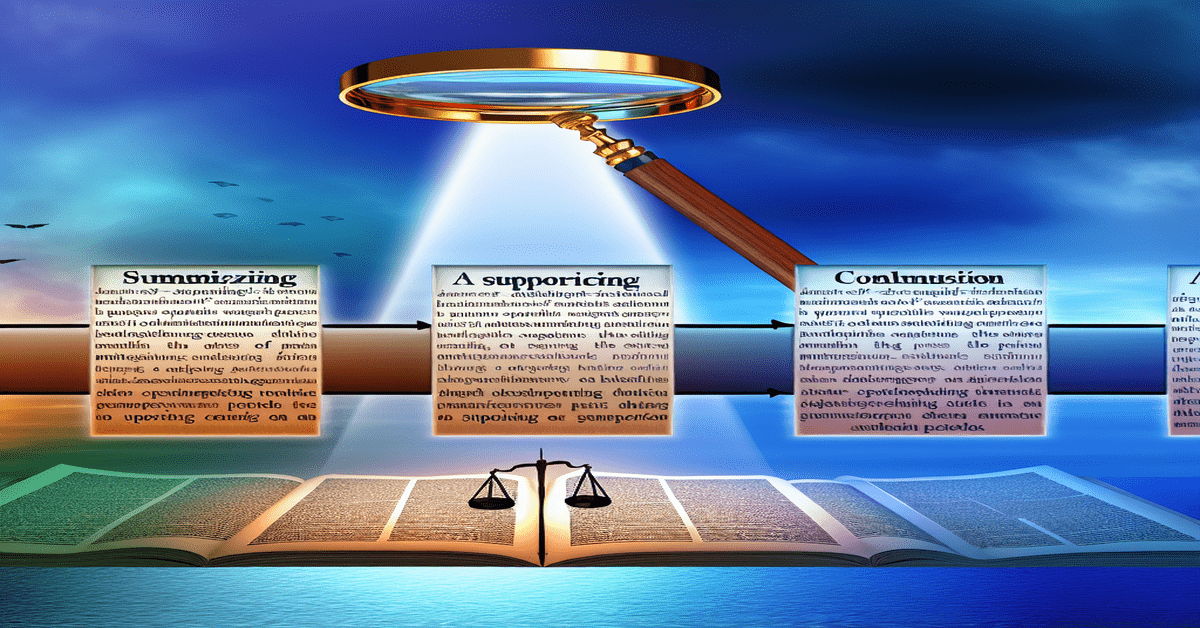The Future of Artificial Intelligence: Balancing Innovation and Responsibility
The rapid advancements in Artificial Intelligence (AI) have opened up a world of possibilities, transforming industries and reshaping the way we live and work. As we stand on the cusp of an AI revolution, it is crucial to explore the potential implications of this powerful technology and navigate the path forward with a balanced approach.
The Promise of AI
AI holds immense promise for solving complex problems and driving innovation across various sectors. From healthcare and finance to transportation and manufacturing, AI-powered solutions are already making significant strides. **Machine learning algorithms** are enabling faster and more accurate diagnosis of diseases, while predictive analytics is revolutionizing financial risk assessment. Autonomous vehicles and smart cities are no longer a distant dream, thanks to the power of AI.
Moreover, AI has the potential to address some of the world’s most pressing challenges. Climate change, food security, and energy efficiency are areas where AI can play a vital role in finding sustainable solutions. By analyzing vast amounts of data and identifying patterns, AI systems can help optimize resource allocation, reduce waste, and mitigate environmental impact.
Addressing the Challenges
However, the rapid advancement of AI also raises important concerns that must be addressed. One of the primary challenges is ensuring the **ethical development and deployment of AI systems**. As AI becomes more sophisticated and autonomous, it is essential to establish guidelines and regulations to prevent misuse and protect individual privacy and security.
Another critical issue is the potential impact of AI on the workforce. While AI has the potential to automate repetitive tasks and boost productivity, it also raises concerns about job displacement. It is crucial to develop strategies for reskilling and upskilling workers to adapt to the changing job market and ensure that the benefits of AI are distributed equitably.
Fostering Responsible AI Development
To harness the full potential of AI while mitigating its risks, a collaborative effort is required from all stakeholders – governments, industry leaders, researchers, and society at large. Governments must establish clear regulations and guidelines for the development and deployment of AI systems, ensuring transparency, accountability, and fairness.
Industry leaders have a responsibility to prioritize **ethical considerations** in their AI initiatives. This includes designing AI systems that are unbiased, explainable, and aligned with human values. Collaboration between industry and academia is essential to foster research and innovation in responsible AI development.
Empowering Society
As AI becomes more integrated into our daily lives, it is crucial to empower society with the knowledge and skills to navigate this new landscape. Education and public awareness campaigns can help demystify AI and promote a better understanding of its capabilities and limitations.
Moreover, it is essential to foster a diverse and inclusive AI community. By bringing together individuals from different backgrounds and disciplines, we can ensure that AI development reflects the needs and values of society as a whole.
The Path Forward
The future of AI is both exciting and challenging. As we embrace the transformative potential of this technology, we must do so with a sense of responsibility and purpose. By striking a balance between innovation and ethics, we can create an AI-powered future that benefits humanity as a whole.
It is up to us to shape the trajectory of AI and ensure that it serves as a tool for good. By fostering collaboration, promoting responsible development, and empowering society, we can harness the power of AI to drive positive change and build a better future for generations to come.
#ArtificialIntelligence #ResponsibleAI #EthicalAI
Now is the time to engage in meaningful discussions about the future of AI. Share your thoughts, experiences, and ideas in the comments below. Together, we can navigate the complexities of this transformative technology and build a future that prioritizes both innovation and responsibility.
-> Original article and inspiration provided by ReviewAgent.ai
-> Connect with one of our AI Strategists today at ReviewAgent.ai


